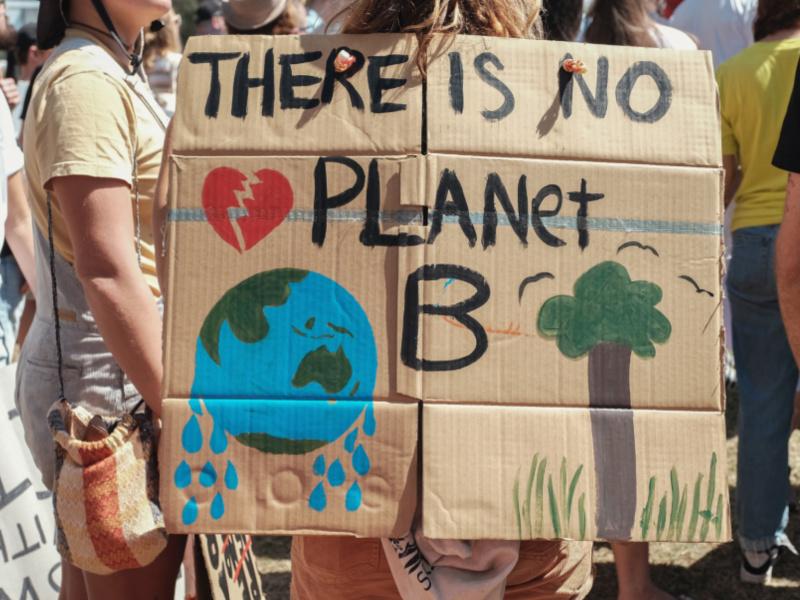Environmental justice is focus of 26th annual Tulane Law conference
Just months after the nation saw protests that galvanized a movement for greater equity at all levels of society, the 26th annual Tulane Environmental Law & Policy Summit will focus its annual conference on environmental justice.
The student-run Summit, one of the largest and most respected conferences at Tulane Law School, will be held remotely for the first time in its history on Feb. 26th and 27. Dozens of panels will focus on such pressing issues as the impact of COVID-19 on environmental justice, racial disparities highlighted by pandemic and more.
“The great thing about these Summits is the way they pull so many topics and perspectives together in ways that really get people thinking and talking,” said Mark Davis, Director of the Tulane Center for Environmental Law. “That is no easy feat in these times but the Summit Team has really risen to the task. They have put together a program that is timely, stimulating and open to everybody, lawyers and non-lawyers alike.”
The event is free and open to the public via virtual format. Continuing Legal Education (CLE) credits are offered. For details and to register for CLE, go here.
This year’s keynote speaker is Colette Pichon Battle, founder and Executive Director of the Gulf Coast Center for Law & Policy, a non-profit public interest firm. She is a climate activist and a lawyer. Her work is focused on equitable disaster recovery, global migrant and climate justice. She will speak on Friday at 5 p.m.
In addition to Battle, other speakers include:
- Chase Iron Eyes, attorney for the Lakota People's Law Project who has been working to protect native Americans’ sacred and protected lands;
- Linda Villarosa, a writer for The New York Times magazine, covering race and public health who recently examined environmental justice in Philadelphia;
- Community organizers Shannon Rainey, President of Residents of Gordon Plaza, a New Orleans affordable housing development built on the site of a former landfill where residents have suffered health effects from contamination; and Arthur Johnson, CEO of the Lower 9th Ward Center for Sustainable Engagement and Development, an organization focusing on coastal restoration and community and food insecurity issues in the Lower 9th Ward.
"While keeping our focus on the law, we are bringing in a wide variety of professionals and community members this year to help expand our understanding of environmental law and policy, bringing in a race-critical focus to the topics we historically explore together at the Summit,” said second-year law student Haley Gentry, Executive Director of the Summit.
Each year, the Summit brings together students, attorneys, academics, scientists, government employees, community members, and others interested in a wide range of environmental issues. It is the nation’s longest-running student-run conference, and in the past has featured such notable names as Jean-Michel Cousteau, son of the late Jacques Cousteau, and Yvon Chouinard, founder of Patagonia clothing company.
It annually brings together speakers from around the globe representing voices from business, legal, and scientific backgrounds to discuss the environmental issues of the day and how they should best be addressed.
This year, some of the panelists include Tulane faculty including Prof. Robert Westley, a renowned expert on race, ethics, reparations and the law; Lisa Jordan, Director of Tulane’s Environmental Law Clinic, whose work is at the frontlines of where civil rights intersect with environmental injustice; Dr. Kimberly Terrell, a scientist with the clinic whose research has connected poor air quality in Louisiana’s “cancer alley” to higher incidences of deaths in predominantly Black communities due to COVID-19; Andy Horowitz, a professor of history and author of “Katrina: A History 1915 to 2015;” and Alfred Brownell, a Tulane Law alumnus and the Environmental Law Center’s inaugural Visiting Professor (2020), who is considered a leading defender of environmental and human rights in Africa.
Civil rights are closely tied to environmental justice, and this year’s event, in light of a global pandemic and national protests over racial equity, make it a seminal moment to explore these issues.

